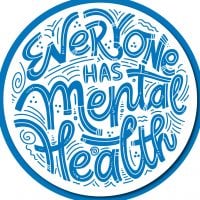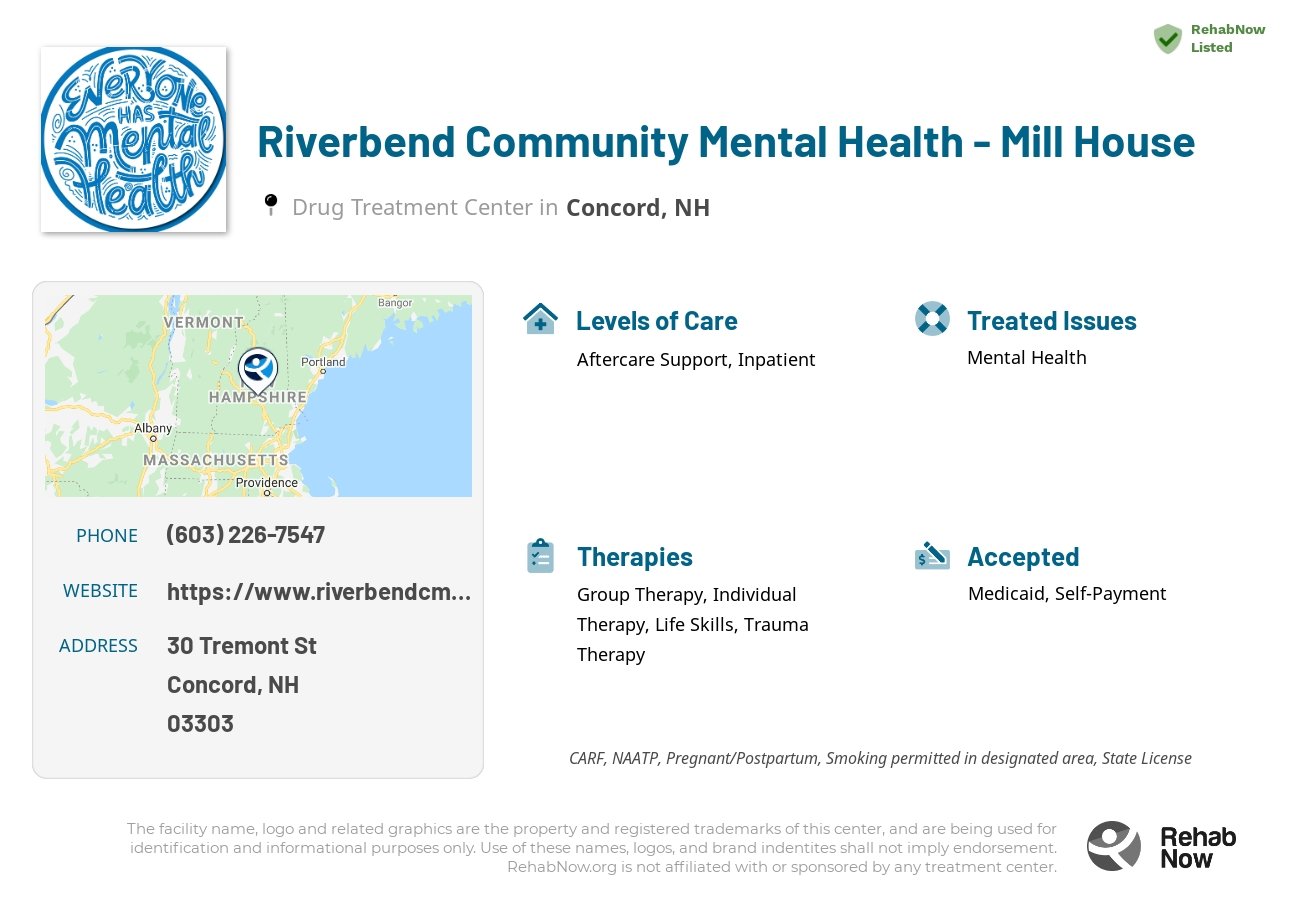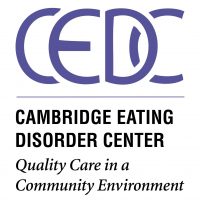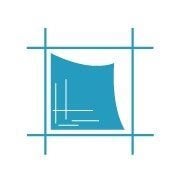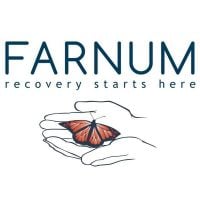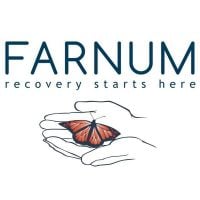Riverbend Community Mental Health - Mill House
Drug Rehab Center in Concord, New Hampshire
Riverbend Community Mental Health - Mill House is a long-established addiction treatment facility located in Concord, NH that offers comprehensive services such as initial evaluations and assessments, inpatient levels of care, and continued aftercare support to aid individuals in their journey towards sobriety.
About Riverbend Community Mental Health - Mill House in New Hampshire
Riverbend Community Mental Health - Mill House, located in Concord, New Hampshire, is an addiction treatment facility that was founded in 1963. As part of Riverbend Community Mental Health, this facility primarily treats individuals suffering from mental health conditions. Offering aftercare support and multiple levels of inpatient care, including detoxification, Riverbend Community Mental Health - Mill House aims to provide comprehensive treatment for individuals struggling with addiction and mental health disorders.
Riverbend Community Mental Health - Mill House provides a variety of services and treatment methods to address addiction and substance abuse. They offer aftercare support to help individuals maintain their recovery long after leaving the facility. With inpatient levels of care available, patients can receive round-the-clock support during their recovery journey. Additionally, the facility is affiliated with Riverbend Community Mental Health, meaning patients have access to a wide range of mental health services alongside their addiction treatment. Through personalized treatment plans and evidence-based approaches, including therapy and counseling, Riverbend Community Mental Health - Mill House strives to assist individuals in overcoming their addiction while addressing any underlying mental health challenges they may be facing.
Genders
Ages
Modality
Additional
Conditions and Issues Treated
Levels of Care Offered
This center offers a variety of custom treatment tailored to individual recovery. Currently available are Aftercare Support, Inpatient, with additional therapies available as listed below.
Inpatient facilities offer a complete rehab program where the patient stays for an extended period. This allows the staff to monitor the patient on a round-the-clock basis and provide medical assistance if needed.
A significant benefit of inpatient rehab is that it allows for a safe environment for treatment. The patient doesn’t have access to drugs or alcohol, and they’re surrounded by people that want them to succeed and change their lives. Treatment starts with detox and behavioral therapy, followed by group therapy and family involvement.
Aftercare support is often overlooked in the treatment of drug and alcohol addiction. However, it’s an essential part and should be considered when planning a course of rehab.
Aftercare is a term that’s used to refer to any sort of continuing care offered for a drug addict who has voluntarily entered a rehabilitation program. This type of care can be provided in several settings, including outpatient therapy sessions after the addict has completed an inpatient program. There are also 12-step support groups, such as Alcoholics Anonymous, which can provide additional help for addicts trying to stay sober.
Aftercare is vital because addicts often face many challenges as they attempt to recover from drug addiction or alcoholism. Because of the powerful nature of these addictions, those who struggle with a drug or alcohol problem will likely have to face the craving for their substance of choice for the rest of their lives. Recovering can be a lonely and frustrating endeavor, especially without the support of others who are going through similar situations.
Therapies & Programs
Individual Therapy is a crucial component of addiction recovery. Therapists work with patients to identify the root of their addiction and figure out how to better handle the issues that led to them using drugs. Individual Therapy is one on one sessions where people meet with their therapist. Individual therapy provides a safe space for people to open up and discuss personal and sensitive topics which they may not feel comfortable discussing in a group setting.
In this type of therapy, therapists can develop specific solutions for each patient, which helps speed up their recovery process. In addiction recovery, therapy is a crucial part. It allows patients to go deep into their core issues and discover how those problems can be better handled now. Therapy can be performed in individual sessions as well as group settings. In individual therapy for addiction, the patient meets with the therapist one-on-one to focus on the underlying issues of addiction and come up with solutions to prevent future abuse.
Group Therapy is employed by drug treatment centers like Riverbend Community Mental Health - Mill House to provide the recovering addict with a platform to talk about their feelings and experiences. It also provides for an opportunity to learn from other addicts who have successfully overcome their addiction. It is recommended that all group members be recovering addicts for this type of therapy to work.
This type of therapy involves the use of a variety of therapeutic techniques to help addicts recover from past traumas that might have triggered their substance abuse. During these sessions, therapists will work with the addict to address painful memories and learn how to cope effectively with stressors as they arise.
During these types of sessions, therapists will typically focus on three main goals:
- Identifying and expressing painful emotions associated with past traumas.
- Reducing the effects of stress on an addict’s life by developing more effective coping mechanisms.
- Developing healthy ways of thinking about stressful situations that can help addicts avoid substance abuse issues in the future.
This type of therapy is typically used in conjunction with other types of addiction treatment services. By identifying and dealing with the root cause of addiction, most addicts can overcome their cravings and prevent relapse once they leave rehab.
Many different types of addiction treatment services exist to help addicts safely get sober, but it’s important for recovering individuals to find a therapist or support group that will help them address the root cause of their addiction.
Cognitive Behavioral Therapy (CBT) is an approach and method in psychotherapy. Riverbend Community Mental Health - Mill House asks people to investigate how their thoughts, including habitual, harmful, and inaccurate ways of thinking, affect behaviors. CBT is based on the idea that rigid, inflexible ways of thinking cause people to have a limited ability to cope with stress, which leads to emotional distress.
Likewise, CBT helps people identify maladaptive behaviors and replace them with more positive behaviors. It makes you look at the way you perceive something and ask: Is this a realistic belief? CBT asks people to look at the role of behaviors and emotional responses and how they may be distressing in one’s life. The goal of CBT is to change the way people think and behave to achieve a more balanced, healthier lifestyle.
Moreover, CBT has been shown to reduce some types of anxiety disorders, depression, and symptoms related to thoughts or actions that are considered harmful.
Life Skills Services provide services aimed at helping people enter into and maintain long-term sobriety. The services are offered at varying levels of intensity, specific to the needs and requirements of each patient. Some benefits of these services are restoring hope and empowerment, enhancing family involvement, increasing patient compliance, and reducing relapse rates.
Training someone on improved life skills allows someone recovering from an addiction to feel more capable of taking care of him or herself. The skills taught in Riverbend Community Mental Health - Mill House are daily skills that give a better recovery foundation by simply giving the person tools they need to survive.
Payment Options Accepted
For specific insurance or payment methods please contact us.
Riverbend Community Mental Health Associated Centers
Discover treatment facilities under the same provider.
- Riverbend Community Mental Health - Twitchell House in Concord, NH
- Riverbend Community Mental Health - Counseling Associates in Concord, NH
- Riverbend Community Mental Health - Pillar House in Concord, NH
Learn More About Riverbend Community Mental Health Centers
Additional Details
Specifics, location, and helpful extra information.
Concord, New Hampshire 3303 Phone Number(603) 226-7547 Meta DetailsUpdated November 25, 2023
Staff Verified
Riverbend Community Mental Health - Mill House Patient Reviews
There are no reviews yet. Be the first one to write one.
Concord, New Hampshire Addiction Information
Opioids such as fentanyl, heroin, and prescription opioids form the largest drug threat in New Hampshire. More than 80% of all New Hampshire treatment centers admissions were related to one or more of these three drugs. Opioids such as fentanyl, heroin, and prescription opioids form the largest drug threat in New Hampshire. Since 2002, rates of alcohol dependency have also been among the highest in the country. In 2015, almost 15% of the residents were admitted to treatment centers for alcohol abuse.
Drug overdoses are the leading cause of death in Concord. In 2017, there were 43 drug overdose deaths in Concord. That's more than one person every week. Most of these overdoses were caused by opioids, such as prescription painkillers, heroin, and fentanyl. Drug treatment in Concord is a process that helps an individual overcome their addiction to drugs. An inpatient or outpatient program can involve counseling, medication, and support groups.
Treatment in Nearby Cities
- Warren, NH (46.4 mi.)
- Concord, NH (6.2 mi.)
- Winchester, NH (53.4 mi.)
- Littleton, NH (71.0 mi.)
- Antrim, NH (24.8 mi.)
Centers near Riverbend Community Mental Health - Mill House
The facility name, logo and brand are the property and registered trademarks of Riverbend Community Mental Health - Mill House, and are being used for identification and informational purposes only. Use of these names, logos and brands shall not imply endorsement. RehabNow.org is not affiliated with or sponsored by Riverbend Community Mental Health - Mill House.
